As an acupuncturist, I have always enjoyed working with my contemporaries. You have spent years working at a challenging job, and/or raising a family, and now it’s time to take a step back, relax, and focus on preparing for life’s next adventure.
Part of that preparation includes rejuvenating your body, taking the time to improve your nutrition, healing those minor aches and pains, and unwinding from stress.
One such problem seen commonly in my practice is insomnia. Sleeping through the night, feeling rested are all important to your health and can be super frustrating when it doesn’t come easily. Without a good night’s rest, even a small problem can seem insurmountable!
In the clinic, I recommend to my patients some simple dietary modifications. By increasing your intake of specific nutrients, and eliminating hidden stimulants, you can develop better sleep patterns.
Eat a diet high in calcium, magnesium, phosphorous, potassium and vitamins B and E.
Avoid unwholesome preservatives, additives, and artificial colors.
Do not eat anything for at least three hours before bedtime.
Eat ample leafy green vegetables, whole grains, and low-acidic foods
Eat plenty of asparagus, avocados, apricots, bananas, broccoli, brown rice, figs, salmon, basil, dill, and all types of squash.
If you’ve not been sleeping well for a while, you probably have tried these tips and others. Acupuncture and/or herbs might be the trick.
One of my favorite meditations I like to share with my patients is taken from Thich Nhat Hanh’s book “Touching Peace.”
Lying flat on your back (or with a soft pillow under your head)
Place both hands on your diaphragm and repeat until you feel calm and relaxed:
“Breathing in, I know I am breathing in.
Breathing out, I know I am breathing out.”
In/Out
Then place one hand on your heart and repeat several times:
“Breathing in, I see myself as a flower.
Breathing out, I feel fresh:
Flower/Fresh
Then place both hands on your stomach and repeat several times:
“Breathing in, I see myself as a mountain.
Breathing out, I feel fresh.”
Mountain/Fresh
Then place both hands behind back over your kidneys and repeat several times:
“Breathing in, I see myself as still water.
Breathing out, I reflect things as they are.
Water/Reflecting.
Then lay your hands by your sides, and repeat until you fall asleep:
“Breathing in, I see myself as space.
Breathing out, I feel free.”
Space/Free
- Warmly, Mary











